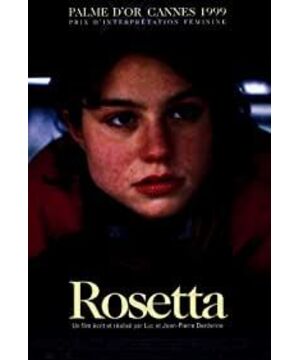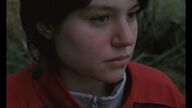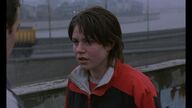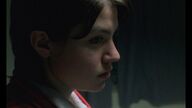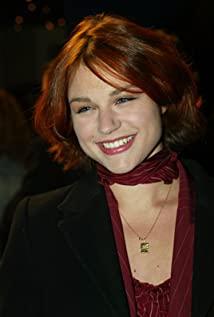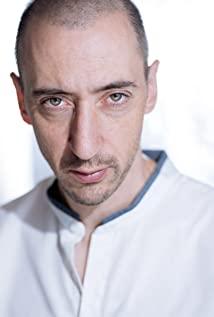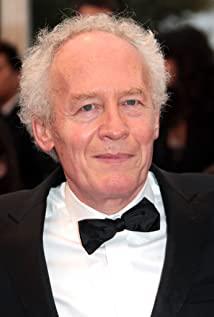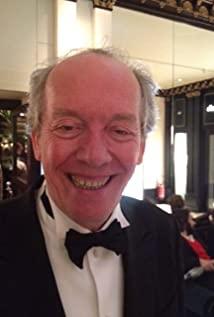The sound of silence, the panic of decay, and the extreme loneliness of people form an invisible tension that runs through the Darney brothers' films. The audience is affected by the subtle vibration of the rope that holds the words, movements, and eyes in the film, so that the audience can clearly feel it rubbing the throat, wrapping around the neck, relaxing and tightening. Until the truth is revealed and the rope is cut, the audience will be truly liberated, and then return to reality with a sigh of relief.
"Existence" is an important motif in the film. From "One Promise", all the Dana brothers' films are variations on Levinas' "I can't escape, this is me". Unknown fear. The dark night has a unique intention signifier. People run alone in the dark night time and time again, walking in a chaotic state, facing the moral dilemma that is difficult to distinguish between themselves and others. The intercepted story starts from the unknown and disappears in the crowd. The non-omniscient narrative viewpoint carries the original fear from the depths of the soul. Souls are stirred, traditional ethics are scrutinized, Rosetta chooses to abandon her friends for a job, and Cyril struggles between her innate loyalty to her biological father and Samantha's selfless love.
Like Levinas, no matter how the Dane brothers repeatedly discussed phenomena, what they always did not change was their affirmation of the existence of human nature. In "Bike Boy", Luc said, "Love the audience, bring the audience into a secret, open the selfless act of Samantha to the audience, and let the audience feel the existence of that kind of humanity through the film", Iger Substitute father to make atonement; Rosetta attempts suicide to make up for guilt; Olivier chooses to jump out of fate and refuses to be reincarnated in the karma of good and evil; Bruno chooses to surrender himself to the fault; Lorna refuses to recognize Claudy's death, with a false impression Child - Claudy's life goes on running into the forest; Samantha's selfless love for Cyril; stretching out to Sander to give her firefly-like colleague; as if possessed by a soul, frantically stubbornly searching for the nameless Jenna, the new doctor with the girl's name; the teacher who chose to forgive Ahmed, and Ahmed, who shines with remorse at the end of the film.
Dane's images refuse to indulge, to give sympathy and mercy to the characters in the name of God. The camera keeps a constant distance from the characters. The purpose is to allow the audience to have enough space to examine themselves when they identify with the characters. Taking "Son of Others" and "Two Days and One Night" as examples, the extreme emotions in "Son of Others" The shaky close-up and shaky motion shots make people clearly immersed in the state of the story and characters from the very beginning, while the shaky shots make all viewers a ghost, calmly examining Olivier and Francis. ---The fate and actions of the victim and the juvenile murderer; and "Two Days, One Night" is more loose in form. It connects the living conditions of the Belgian bottom workers with Sandra's self-resistance, so the shots here are There are more gaps so that there is enough room for the audience, rather than the characters being trapped in the rhythm of long shots that move against the body.
Red is a rare color symbol with symbolic meaning in the Darney brothers' films. It represents the human morality that cannot be eliminated. It has been running through the Darney brothers' films since the beginning of "Farsh Family". Iger, Rosetta, Bruno's coats, Jenna, Ahmed, Cyril's tops, African babies' red caps, Lorna's pants.
"The Green World" represents a possibility to resolve violence and conflict in the Darney brothers' films, "It seems that in our film, going to the 'Green World' is the first time we discover the possibility of communication, from this silence Going out, the possibility of communication is a possibility of being free from violence and murder.” Forest is the most common intentional signifier representing the “green world” in Darnay’s films. The forest is like a mother's womb, wrapping her people with a kind of love from the ancient and mysterious East, hiding danger. Ronael took the "child" and hid in the hut in the forest. We never know the outcome of Ronall, because Danger still pervades the depths of the forest. "Forest" is a silent "mother" who bears the fear and pain that Olivier and Francis tore out in the forest, and uses the most primitive warmth to nurture those who are imprisoned by the cold society.
The Dane brothers re-understood freedom, escape, time, and death through images, inherited Levinas' thought, and explored the existence of morality and the meaning of human beings after God has died.
View more about Rosetta reviews


